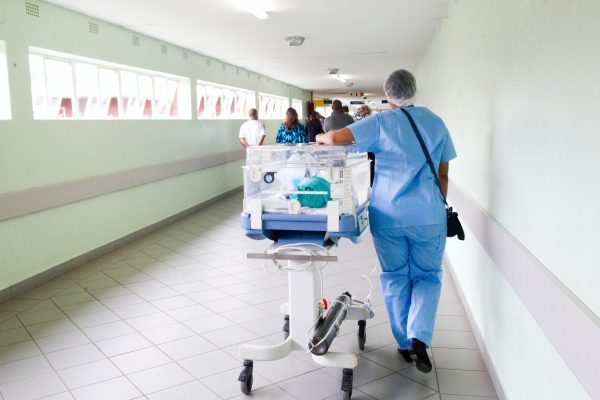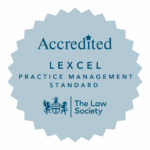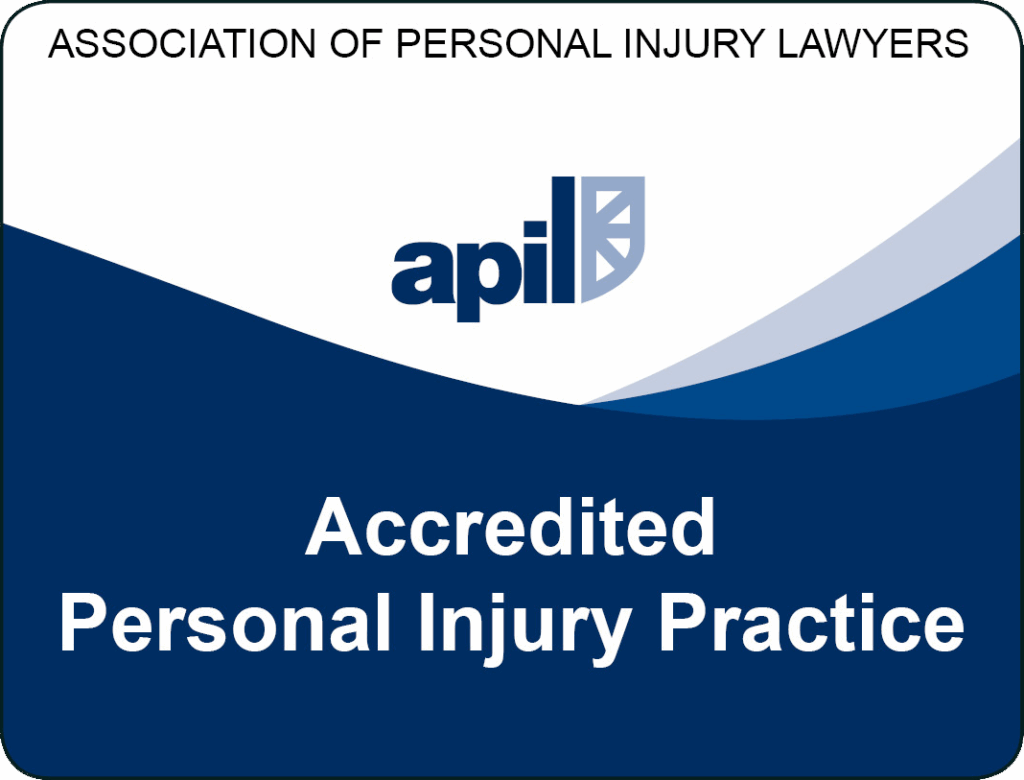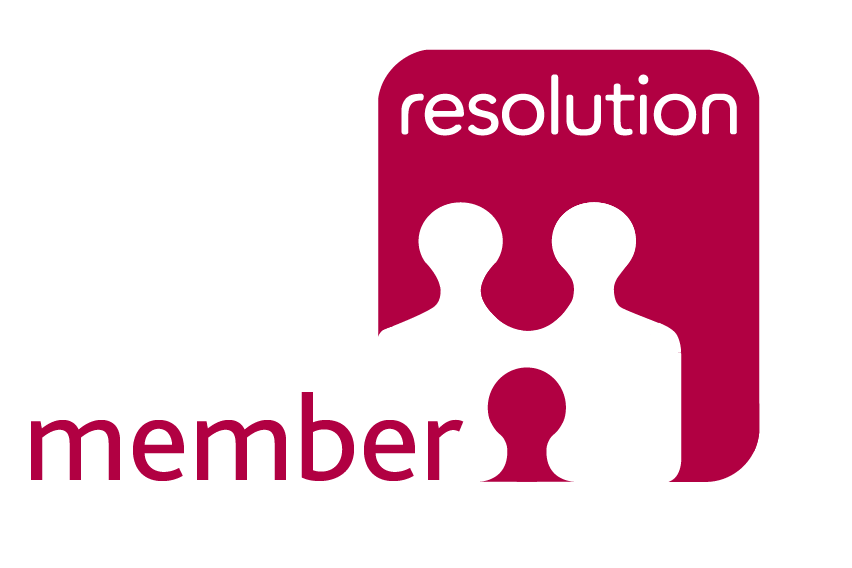
Group B Strep cases – should there be routine testing? Hatch Brenner Trainee Solicitor Bengi Karakus discusses in her latest blog post
Group B Streptococcus (GBS) infection during pregnancy
Most pregnant women who carry Group B Streptococcus (GBS) bacteria have healthy babies. Although not common, there is a small risk that GBS can pass to the baby during childbirth. GBS infection in new-born babies can cause serious complications that can be life threatening.
What is GBS?
GBS is one of many bacteria that can be present in our bodies.
It is estimated that around one pregnant woman in five in the UK carries GBS in their digestive system or vagina. Around the time of labour and birth, many babies come into contact with GBS and are colonised by the bacteria.
Early-onset GBS infection
If a baby develops GBS infection less than seven days after birth, it is known as early-onset GBS infection. Most babies who become infected develop symptoms within 12 hours of birth. Around one in 1,750 babies in the UK and Ireland are diagnosed with early-onset GBS infection. The infections that GBS most commonly cause in new-born babies include sepsis (infection of the blood), pneumonia (infection in the lungs) and meningitis (infection of the fluid and lining around the brain).
Although GBS infection can make your baby very unwell, with prompt treatment most babies will recover fully.
Of the babies who develop early-onset GBS infection, one in 19 (5.2%) will die and of the survivors, one in 14 (7.4%) will have a long-term disability.
Symptoms include:
Preventing early-onset GBS infection
Infection is more likely if:
To reduce the risk of infection, mothers of high-risk babies are offered antibiotics during labour.
Testing for GBS
Pregnant women are not routinely screened for GBS in the UK, but it is sometimes detected when tests for other infections are carried out.
The testing for GBS is a swab test, known as the Enriched Culture Medium or ECM test, to see whether you are carrying GBS when you are 35-37 weeks pregnant. If the results show that you are carrying GBS, the risk of your baby developing an infection is around 1 in 400. You will be offered antibiotics in labour. If you are not carrying GBS, then the risk of your baby developing an infection is much lower at 1 in 5,000.
If you have had GBS in a previous pregnancy and your baby was not affected by GBS, you may be offered a test as there is a 50% chance that you will be carrying GBS again in your second pregnancy.
Why is there no routine testing for GBS during pregnancy for all women in the UK?
The UK National Screening Committee does not recommend testing all pregnant women for GBS because:
Rolling out an NHS vaccine programme for the infection could take a decade or more.
Should there be routine testing for GBS?
It is well recognised that GBS is causing avoidable severe infections in new-born babies, causing death and disability and that the incidence is rising in the UK.
Routine antenatal testing for GBS using safe and effective tests would allow devastating infections to be reduced significantly. GBS disease following the introduction of preventative measures in other countries has seen an 80% reduction in their incidence of early onset GBS disease in babies.
There are campaigns (including by https://gbss.org.uk/) in the UK who feel that the reason for not undertaking preventative measures in the UK are unclear. They argue that screening needs to be introduced as soon as possible to save more babies suffering with GBS infections.
Pregnancy and Birth Injury Medical Negligence
If you have suffered through medical negligence in pregnancy or child birth, our specialist Medical Negligence Solicitor Sara Westwood is able to talk through your circumstances and advise if you may have a legal claim for compensation. Contact [email protected] or call 01603 214 220.





